In the quest for optimal health and well-being, many individuals are drawn to practices that offer both physical and mental benefits. Among the myriad options, Tai Chi and Qigong stand out for their unique approach to improving mobility. Rooted in ancient Chinese philosophy and martial arts, these practices are celebrated not only for their gentle movements but also for their profound ability to cultivate inner strength and balance. A central philosophy that enhances these practices is the concept of the “Yielding Warrior,” which emphasizes flexibility, adaptability, and the harmonious flow of energy.
The Yielding Warrior Philosophy
The Yielding Warrior philosophy finds its origins in traditional Chinese martial arts. Unlike the conventional image of a warrior as a fierce and aggressive fighter, the Yielding Warrior represents an approach that values softness over hardness, adaptability over rigidity. This concept is particularly influential in Tai Chi and Qigong, where the focus is on blending strength with flexibility and assertiveness with yielding.
The essence of this philosophy lies in the idea that true strength comes not from brute force but from the ability to adapt and flow with the circumstances around you. In Tai Chi and Qigong, this translates to movements that emphasize fluidity, balance, and internal energy rather than external power. By embracing the principles of the Yielding Warrior, practitioners can enhance their mobility, improve their overall health, and achieve a deeper sense of inner peace.

Tai Chi: Flowing with Grace
Tai Chi Chuan, often simply referred to as Tai Chi, is a martial art characterized by slow, deliberate movements and a focus on mindfulness. Practitioners perform a series of postures and transitions, each movement flowing seamlessly into the next. This practice embodies the principles of the Yielding Warrior by encouraging fluidity and relaxation rather than tension and rigidity.
One of the primary benefits of Tai Chi is its ability to improve joint mobility and flexibility. The gentle, circular motions help to lubricate the joints and stretch the muscles, which can lead to increased range of motion and reduced stiffness. Unlike high-impact exercises that can stress the body, Tai Chi offers a low-impact approach that is accessible to people of all ages and fitness levels.
Moreover, Tai Chi fosters better balance and coordination, which are crucial for maintaining mobility as we age. By practicing Tai Chi, individuals can develop a heightened awareness of their body’s alignment and weight distribution, which translates to improved stability and reduced risk of falls.
Qigong: Cultivating Vital Energy
Qigong, another ancient practice deeply rooted in Chinese tradition, complements Tai Chi by focusing on the cultivation and balance of Qi, or vital energy. Qigong practices involve a combination of breath control, meditation, and gentle movements designed to harmonize the body’s energy flow.
The principles of the Yielding Warrior are evident in Qigong through its emphasis on relaxation and energy flow. By engaging in Qigong, practitioners learn to move with a sense of ease and fluidity, which enhances overall mobility. The practice encourages deep breathing and mindful awareness, both of which contribute to reduced muscle tension and increased flexibility.
One of the key aspects of Qigong is its ability to promote the health of the internal organs and improve circulation. This internal focus helps to support overall mobility by ensuring that the body’s systems are functioning optimally. The gentle movements and breathwork of Qigong can also aid in the release of stagnant energy and promote a greater sense of well-being.
Integrating the Yielding Warrior Approach
Integrating the Yielding Warrior philosophy into Tai Chi and Qigong practice involves several key elements:
- Relaxation and Flow: Embrace a state of relaxation rather than tension. Allow your movements to flow naturally, avoiding any unnecessary force. This helps to maintain flexibility and ease of motion.
- Mindful Awareness: Focus on your breath and the sensations within your body. Mindful awareness helps to enhance coordination and balance, which are essential for maintaining mobility.
- Adaptability: Approach each movement with an open mind and a willingness to adjust as needed. This adaptability not only improves physical flexibility but also fosters mental resilience.
- Consistency: Regular practice of Tai Chi and Qigong reinforces the principles of the Yielding Warrior. Consistency in practice leads to cumulative benefits, including improved mobility and overall health.
Conclusion
Tai Chi and Qigong offer valuable tools for enhancing mobility through the philosophy of the Yielding Warrior. By embracing the principles of fluidity, adaptability, and mindful awareness, practitioners can experience profound improvements in joint flexibility, balance, and overall well-being. These ancient practices, grounded in a philosophy that values softness and adaptability, provide a holistic approach to maintaining and enhancing mobility throughout life. Whether you are a seasoned practitioner or new to these practices, the Yielding Warrior approach can help you achieve greater harmony and vitality in your movement and daily life.

